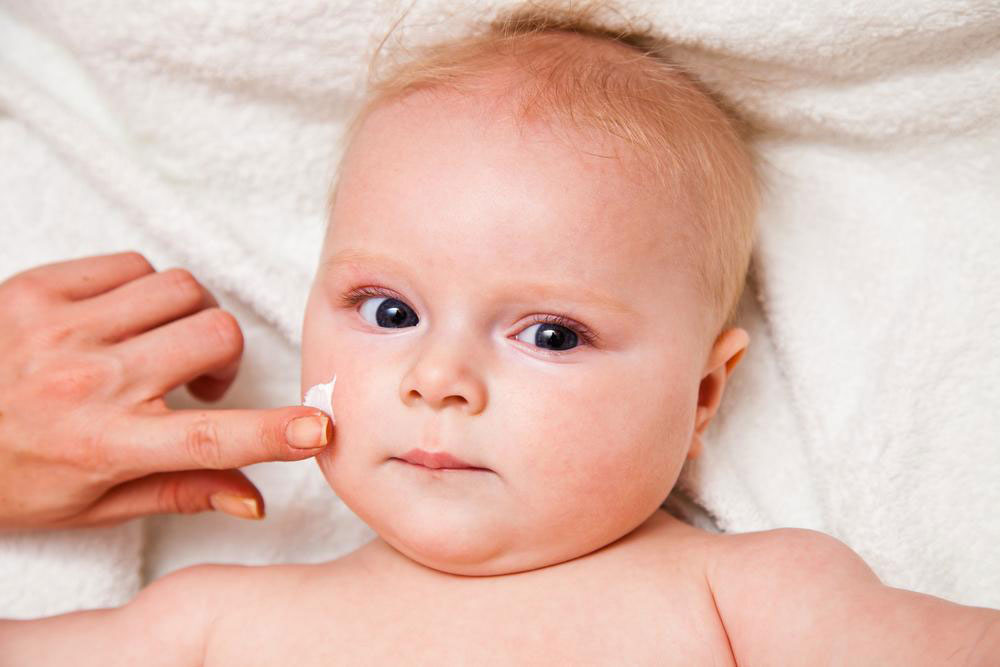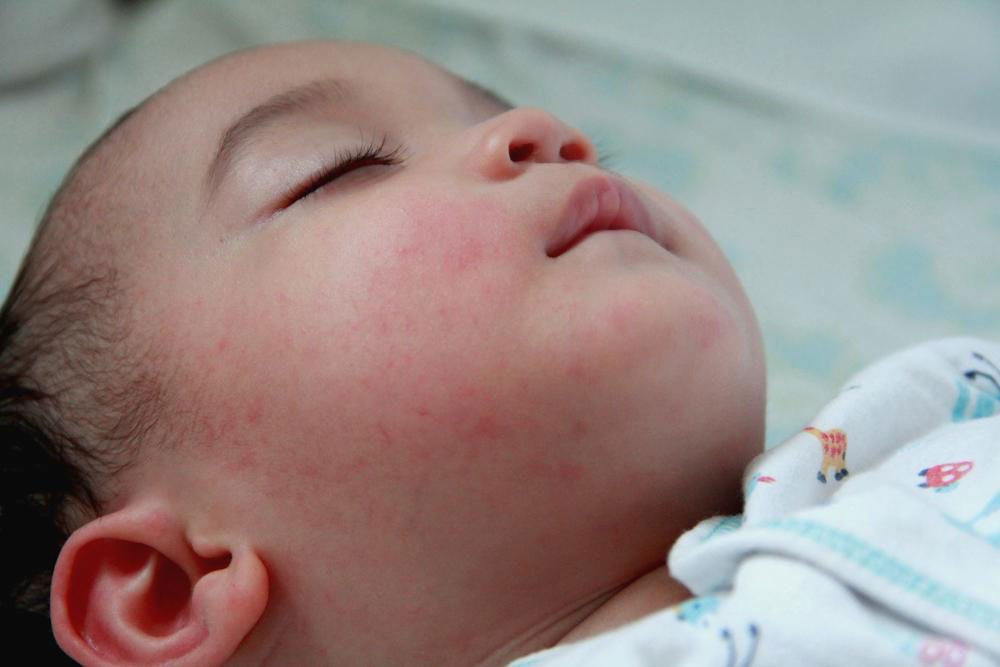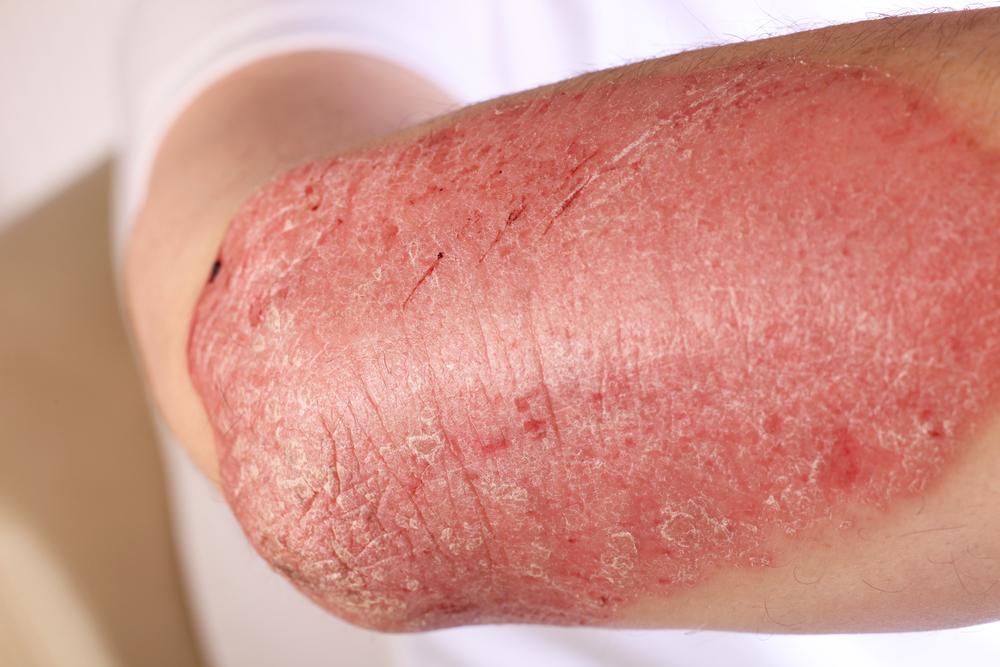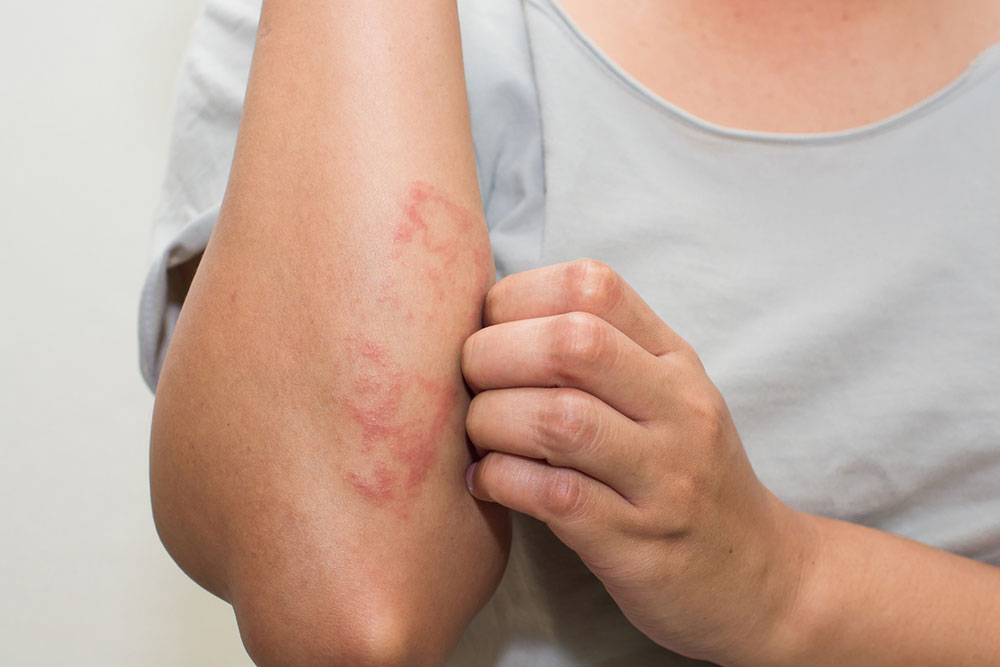Understanding Infant Eczema: Symptoms, Causes, and Effective Treatments
Discover comprehensive insights into infant eczema, including common symptoms, potential causes, and proven treatment options. Learn how to manage this condition effectively with the right skincare and medical guidance to ensure your child's comfort and health.
Sponsored

Eczema in babies is characterized by dry, itchy, and inflamed skin. It affects approximately 20% of young children, often appearing before age two. Thankfully, while there is no permanent cure, symptoms can be controlled with proper management. Most children outgrow eczema as they grow older. Using suitable creams and remedies can significantly reduce discomfort and flare-ups.
Signs of Eczema
Common indicators include persistent itching, redness, dry patches, and sometimes crusting or oozing if the skin becomes infected.
The exact cause remains unknown, but genetics play a significant role. Eczema often coexists with allergic conditions like asthma and hay fever. External irritants such as harsh soaps, shampoos, bubble baths, and fabric softeners can trigger flare-ups. Switching to gentle, skin-friendly products can help reduce episodes of eczema.
How to Treat Eczema in Infants
Various creams and moisturizers are available that help soothe symptoms, though it may take some experimentation to find the most effective one. Regular application of emollients is essential. Doctors may recommend mild steroid creams or gels to alleviate severe symptoms. When used properly and under medical supervision, these treatments are safe for infants.
For persistent itchiness, antihistamines can improve comfort and sleep. Severe cases may benefit from wet wrapping techniques, involving steroid-infused wet bandages covered with dry bandages. If infection occurs, antibiotics prescribed by a healthcare professional are necessary. With attentive care, infant eczema can be effectively managed.






